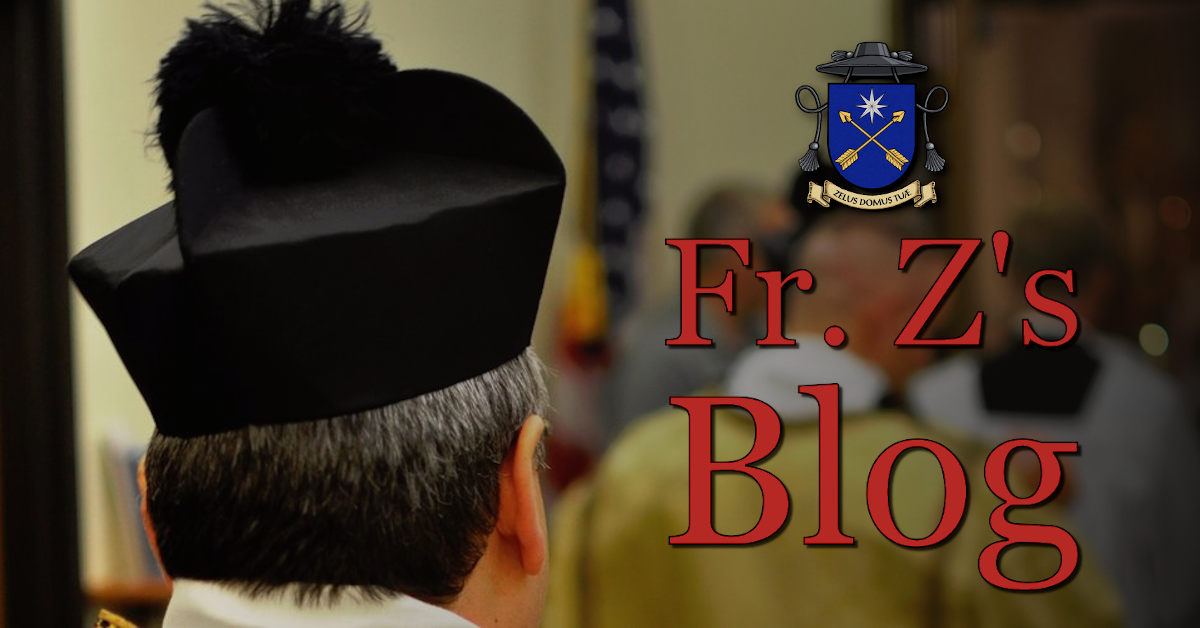I was asked if I would be willing to add a post to this thread.
Really, there is not much commentary to add. I do not know the priest. I remember the Archbishop and have a very good opinion of him and remembrance of him.
I will say that ultimately, the judge and the arbiter in matters like this of a diocesan priest, such as this priest, in the bishop of the diocese where the priest in incardinated, presuming the matter does not require being forwarded to the Holy See for assessment and adjudication. In this case, it is in fact the Archbishop of Detroit. And he has made his judgment. The priest has had his faculty to preach extremely restricted by the Archbishop and the priest is remanded to a team of professionals for examination, analysis and a path – hopefully – to remedy for the priest.
It is a severe assessment but it is short of having his pastoral assignment terminated or being suspended
a divinis, which would not have been inappropriate. The Archbishop has chosen a middle path – at least for the moment – pending the assessment he has mandated and the recommendation of the panel of experts who will be entrusted with the priest.
If a priest felt that the assessment was unfair or unjust, he could refer the matter to the Congregation for the Clergy, a dicastery of the Holy See. Rather than object or protest the judgement of the Archbishop and his curia, the priest has stated: “As with any funeral, it was my intent to serve this family in their time of grief, but I fell well short of providing them the comfort they do desperately needed. Instead, I added to their pain. I deeply regret that and I am sorry.”
The matter is in the correct forum for resolution: the Archbishop and those he may consult and those to whom he will remand the priest. He has sustained that the priest’s actions were wrong and the priest has also admitted it, so to argue that the priest was not wrong is rather a fruitless endeavor really. Those with the competence to make the determination – the Archbishop and the priest himself – have made their assessments.
As to other points raised, today, unlike in years past, suicide would never result in Catholic funeral rites being denied to the person. The Archdiocese of Detroit specifically addressed this in the curia’s prescriptions on the liturgy and the priests working within the archdiocese would be strictly obliged to implement the archdiocese’s directives. The directive is, actually, very well written and I compliment them on its construction. Indeed, to have denied this person a funeral would be justification to suspend the priest; that option was never possible to the priest.
http://www.aod.org/being-catholic/p...-for-catholic-funerals-questions-and-answers/
